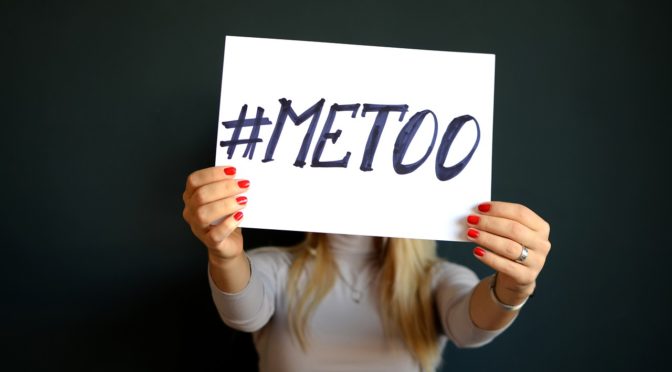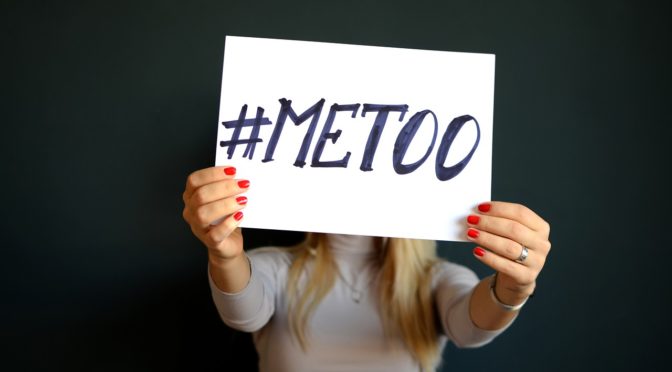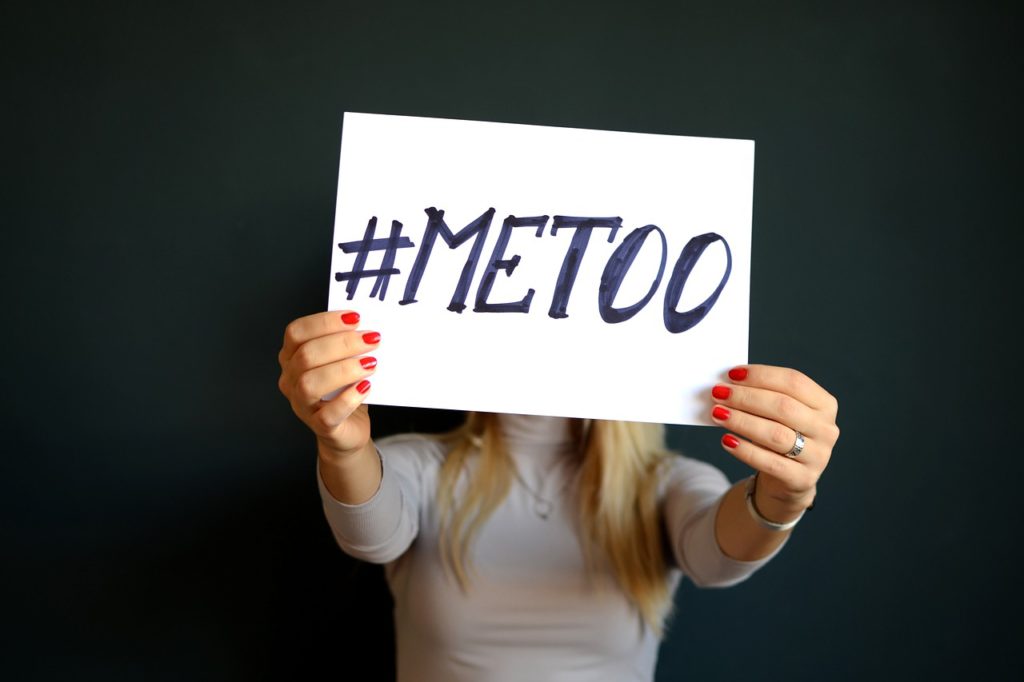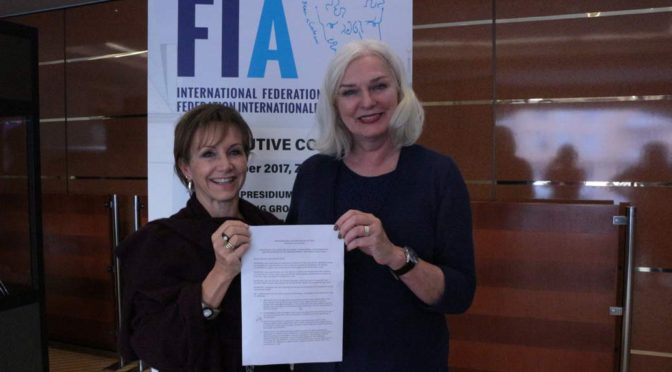
by Rochelle Skolnick, AFM Special Counsel and Symphonic Services Division Director
A union files a grievance challenging the termination of an orchestra musician alleged to have inappropriately touched a coworker, demanding reinstatement of the alleged harasser. A musician is suspended from work (although the employer signals it intends to terminate) for unspecified misconduct “pending investigation by the union.” A symphonic employer comments in the press that its sexual harassment policy was not implemented “because the union objected.” At a moment when our awareness of sexual harassment and misconduct in the workplace is greater and our tolerance for those behaviors is lower than ever, why does it sometimes seem the union is standing in the way?
The answer lies in three principles that are fundamental to the collective bargaining relationship among employers, unions, and the employees they represent: the duty to bargain, the duty of fair representation, and the requirement of just cause for discipline. It is easy to understand why a union might advocate on behalf of a musician who has suffered harassment in the workplace. Some of the other roles a union takes on in relation to this issue are more nuanced and less understood.
Sexual Harassment Legal Landscape
Federal law prohibits discrimination and harassment in the workplace based on sex and other protected characteristics (like race, age, disability, religion, national origin, and union activity). Federal law prohibits neither bullying nor harassment unrelated to a protected characteristic, but some state laws and municipal codes provide additional protections. It may seem obvious, but not all objectionable workplace conduct rises to the level of unlawful harassment. Even when the objectionable conduct is based on a protected characteristic, it will only be unlawful when it is so severe or pervasive that it unreasonably interferes with work performance, creating a hostile work environment.
It is the employer’s responsibility to ensure the workplace is free of unlawful harassment. When an employer receives a complaint concerning harassment, it must conduct an investigation and, if it determines harassment has occurred, it must take steps to end the harassment and make the victim(s) whole for any damages suffered. An employer may escape liability for unlawful harassment if it can demonstrate that it took reasonable steps to prevent the harassment (including the existence of a policy prohibiting harassment) and the victim unreasonably failed to avail himself or herself of the employer’s preventive mechanisms, including avenues for reporting the harassment.
Duty to Bargain Harassment Policies
In the unionized workplace, an employer wishing to implement a sexual harassment policy may not do so without first engaging the union in bargaining concerning the policy. Sexual harassment policies, and the discipline that may result from violating them, are both mandatory subjects of bargaining. Federal law prohibits an employer from making unilateral changes in any mandatory subject until it has given notice and bargained with the union and the parties have reached either agreement or impasse.
Although employers today seem to be more aware of their obligation to bargain harassment policies, some still attempt to unilaterally implement them. When a union objects and demands to bargain over the contents of the policy, it does so not to be obstructionist but rather to ensure that the policy is reasonable, understandable, and not in conflict with the parties’ CBA, among other things. A union’s actions in this regard are part of maintaining a healthy relationship between the union and employer, which in turn benefits all employees.
Union’s Duty of Fair Representation
A union that is the exclusive bargaining representative of a unit of employees (e.g., the musicians of a symphony orchestra) has a duty to represent the members of that unit in a way that is reasonable, fair, and in good faith. This is known as the “duty of fair representation.” That duty applies with equal force, whether the union is acting on behalf of the bargaining unit as a whole or on behalf of one individual musician. In fact, unions often must balance the interests of an individual employee with those of the entire group and are given wide latitude to make judgments about the best course of action, so long as those judgments are not arbitrary, discriminatory, or in bad faith.
When a musician has been disciplined for alleged sexual harassment or any other infraction and asks the union for assistance, the union must at least investigate the matter to determine whether the discipline violated the parties’ CBA. The nature of the investigation will depend on a number of factors, but such investigations are almost never straightforward and often will require the union to invest substantial time and resources. Meanwhile, there may be some in the bargaining unit—including the musician who complained of the harassment—who are convinced of the alleged harasser’s guilt and question why the union would not immediately acquiesce to the discipline. These musicians should remember that the union’s conducting of an investigation fulfills an important duty—one it would discharge similarly for any member of the bargaining unit seeking the union’s assistance.
Discipline for Just Cause: Due Process and Progressive Discipline
When a union investigates the discipline of any musician, it is generally trying to determine whether the discipline was for “just cause.” Just cause is the standard commonly applied by labor arbitrators to determine the propriety of a disciplinary action in the collective bargaining context. The right to discipline only for just cause is one of the greatest benefits of working under a collective bargaining agreement. Most American workers can be terminated at any time, for any reason (known as “at will” employment). Traditionally, the test for just cause consists of seven questions, all of which must be answered affirmatively or the discipline fails the test. Among the considerations are whether both the rule and consequences for violating it were communicated clearly to the employee, whether the employer conducted a fair and objective investigation before imposing discipline, whether the degree of discipline was reasonable in light of the employee’s proven offense, the employee’s record of service, and the employer’s handling of similar conduct by other employees.
At the heart of the “just cause” inquiry are concepts of due process and progressive discipline. Due process, in this context, means that the musician has been made aware of the employer’s expectations for conduct and given an opportunity to satisfy them. Progressive discipline means that, when the musician fails to satisfy those expectations, the employer imposes only the degree of discipline necessary to correct the behavior, applying successively harsher penalties, if less severe penalties fail to have the desired result.
Generally speaking, discipline “progresses” from verbal warnings to written warnings to suspensions of increasing length to termination. Particularly egregious misconduct may warrant skipping over steps of progressive discipline and going straight to termination, but that is the exception rather than the norm.
In many cases, an employer’s obligation to ensure a workplace free of unlawful harassment may not require the immediate termination of an employee alleged to have engaged in such harassing conduct. Some lesser degree of discipline may be enough to convey the message that such conduct will not be tolerated. Where the alleged harasser is a long-term employee with an otherwise clean disciplinary record, skipping over lesser discipline and moving straight to termination may be inconsistent with just cause. The same may be true where an employer has rushed to discipline before investigating or imposed discipline on the basis of facts that do not rise to the level of actionable misconduct. In any of these cases, the union may have a duty to represent the disciplined musician in the grievance process, and even in arbitration.
Sometimes, the union takes a position of advocacy on behalf of a musician who has already been judged by colleagues and may not be well liked. Occasionally, the union’s position on behalf of one musician seems to be in conflict with the interests of another musician. Unions have systems to manage such apparent conflicts, including the assignment of different individual representatives to different musicians, but these are among the most difficult cases for unions. It is important to remember that, in such situations, the union is preserving foundational rights to due process and progressive discipline—not just for one individual musician, but for every musician in the bargaining unit.







